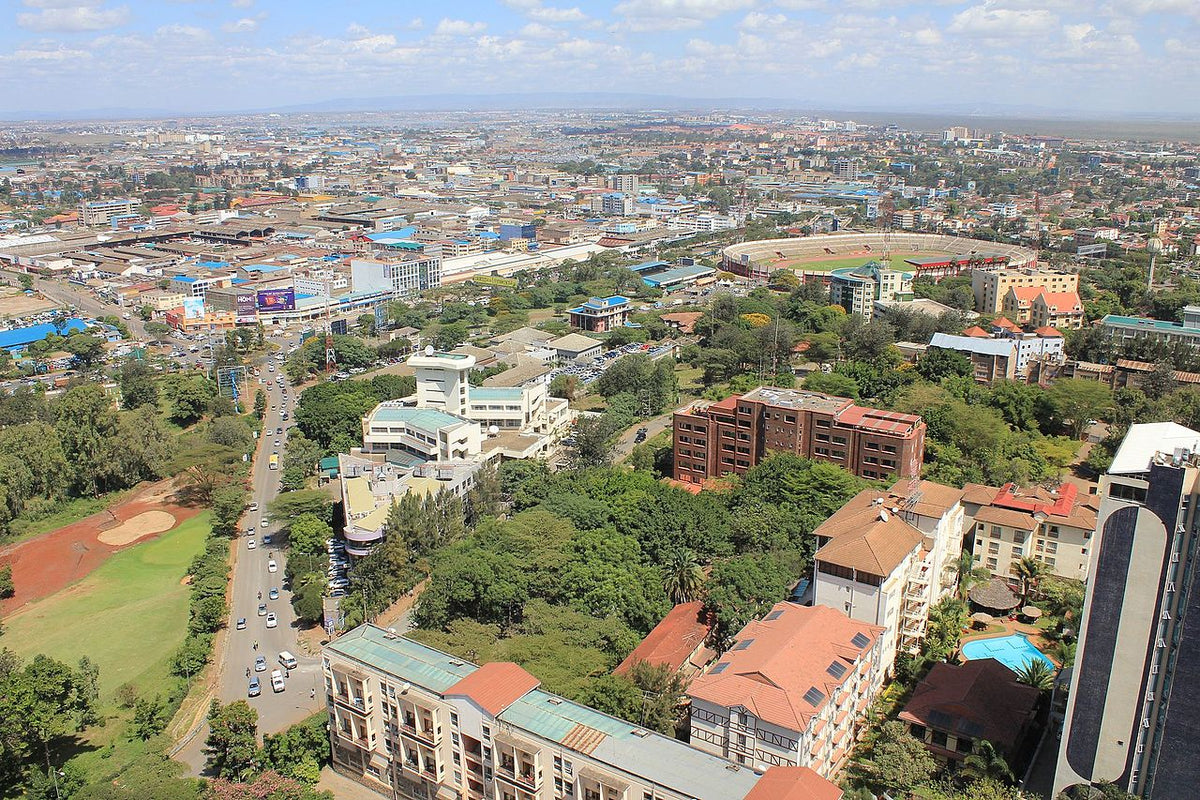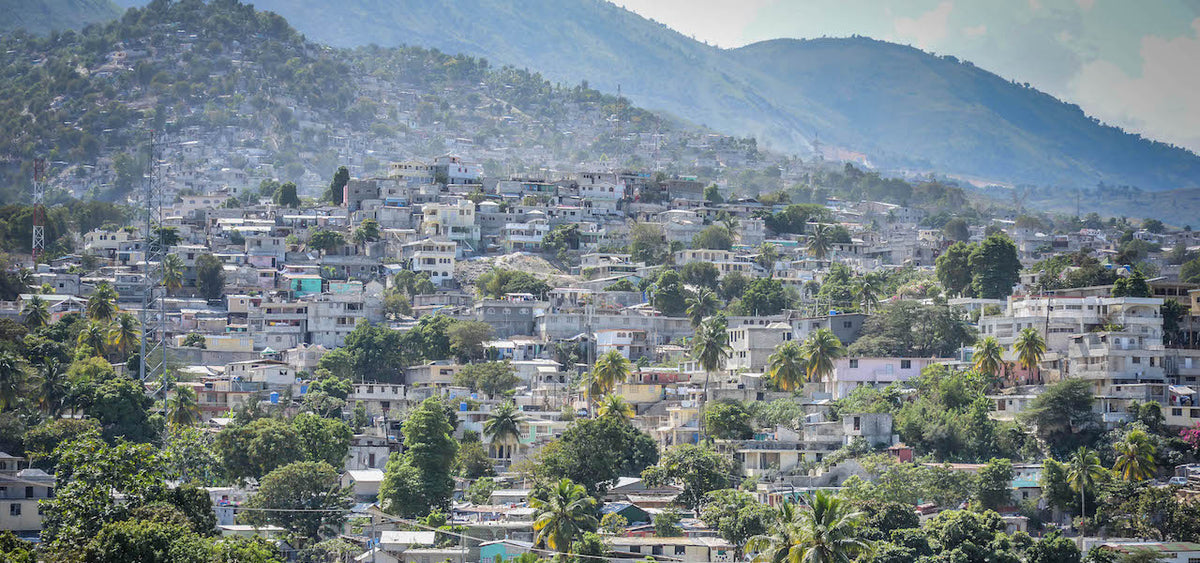The Abridged History of Coffee

Early Coffee
Coffee originated in ancient coffee forests in Ethiopia. Discoverers of coffee originally referred to them as “energizing berries.” The systematic cultivation and trade of coffee began in the Arabian Peninsula. Here is where the first coffee shops, called qahveh khaneh, were established.
The world's first coffee shop, called Kiva Han, was established in 1475 in Constantinople. Word about coffee spread throughout the world because travellers, traders, and pilgrims visiting Arabia would come in contact with the odd drink. It rapidly gained popularity, and a global market for coffee emerged.
The Modern Coffee Market
First coffee company in the U.S.
In 1871, John Arbuckle and his associates made a machine to weigh and package coffee in paper. He then created Arbuckle Ariosa – the first commercial coffee company in America. There was quickly a monopoly on American coffee trade since John Arbuckle owned all the South American coffee trade ships.
Fair trade coffee
In 1973, the Dutch organization Fair Trade Original imported the first fairly traded coffee from small-farm cooperatives in Guatemala.

Logo by Elisabeth Margaetha
Coffee statistics
Amount of coffee imported to the U.S. in 2014: $6,328,600,000 or 1,574,000 megatons
Amount of fair trade coffee imported to the U.S. in 2014: 141.7 million pounds or 0.06 megatons
**Latest available coffee-specific statistics**
Net worth of dry beverages (coffee, tea, herbal drinks) imported to the US in 2017: $1,785,856,000
Coffee imports from countries and regions that Vineworks partners with:
- Caribbean: $3,643,000
- India: $76,547,000
- Peru: $6,370,000
- Sub-Saharan Africa: $21,624,000
**According to the U.S Census Bureau**
Vineworks' Fair Trade Coffee
Vineworks is proud to partner with two different organizations to promote fair trade coffee: Singing Rooster (Haiti) and Equal Exchange (global). Both of these organizations champion small coffee growers and give them the access to the global market. They also promote paying the farmers a fair wage for their coffee so that each grower and his or her family can earn a livable wage.
Sources: ncausa.org, gocoffeego.com, wfto.com, arabicwithoutwalls.ucdavis.edu, statista.com, ers.usda.gov, usda.gov
Leave a comment
Comments will be approved before showing up.
Also in News





